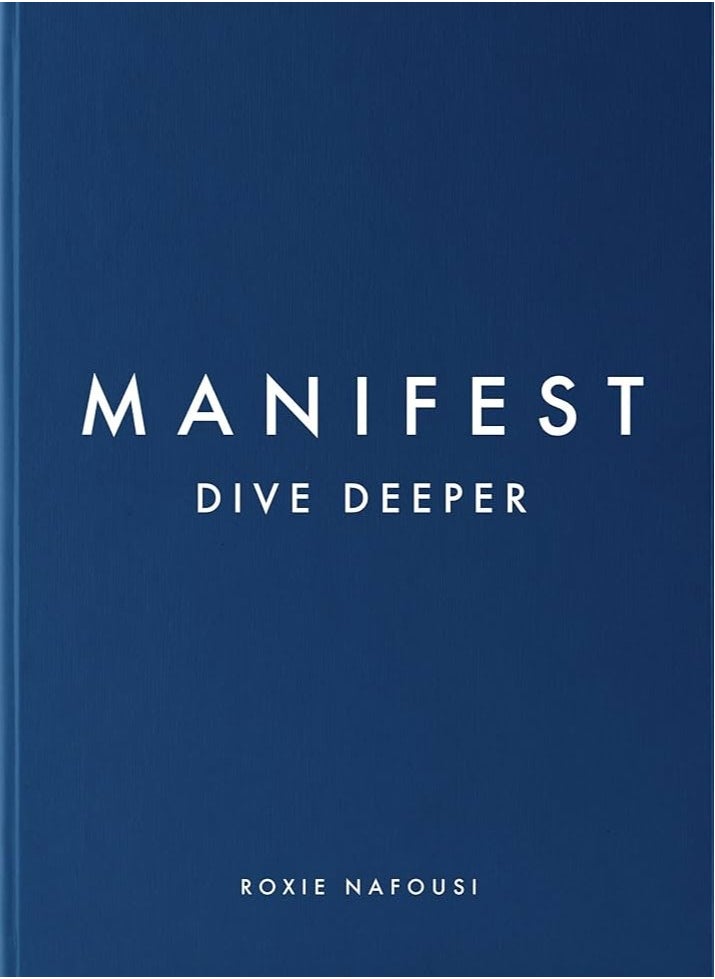Flow: The Psychology of Optimal Experience (Harper Perennial Modern Classics)
Now:
AED 34.35 Inclusive of VAT
 Free Delivery
Free Delivery Only 2 left in stock
Only 2 left in stock Free Delivery
Free Delivery Only 2 left in stock
Only 2 left in stock
Get it Tomorrow

Earn 5% cashback with the Mashreq noon Credit Card. Apply now




1
Free delivery on Lockers & Pickup Points
Learn more
Enjoy hassle free returns with this offer.

Item as Described
80%
Partner Since
4+ YearsSpecifications
| Publisher | Harper Perennial Modern Classics; 1st edition |
| ISBN 13 | 9780061339202 |
| ISBN 10 | 61339202 |
| Book Description | “Csikszentmihalyi arrives at an insight that many of us can intuitively grasp, despite our insistent (and culturally supported) denial of this truth. That is, it is not what happens to us that determines our happiness, but the manner in which we make sense of that reality. . . . The manner in which Csikszentmihalyi integrates research on consciousness, personal psychology and spirituality is illuminating.” —Los Angeles Times Book ReviewThe bestselling classic that holds the key to unlocking meaning, creativity, peak performance, and true happiness. Legendary psychologist Mihaly Csikszentmihalyi's famous investigations of "optimal experience" have revealed that what makes an experience genuinely satisfying is a state of consciousness called flow. During flow, people typically experience deep enjoyment, creativity, and a total involvement with life. In this new edition of his groundbreaking classic work, Csikszentmihalyi ("the leading researcher into ‘flow states’" —Newsweek) demonstrates the ways this positive state can be controlled, not just left to chance. Flow: The Psychology of Optimal Experience teaches how, by ordering the information that enters our consciousness, we can discover true happiness, unlock our potential, and greatly improve the quality of our lives. |
| About the Author | Mihaly Csikszentmihalyi (1934-2021) was a professor at Claremont Graduate University and former chair of the Department of Psychology at the University of Chicago. His books include Creativity, The Evolving Self and the national bestseller Flow. Excerpt. © Reprinted by permission. All rights reserved. FlowThe Psychology of Optimal ExperienceBy Mihaly CsikszentHarperCollins Publishers, Inc.Copyright © 2008 Mihaly CsikszentAll right reserved.ISBN: 9780061339202IntroductionTwenty-Three Hundred years ago Aristotle concluded that, more than anything else, men and women seek happiness. While happiness itself is sought for its own sake, every other goal--health, beauty, money, or power--is valued only because we expect that it will make us happy. Much has changed since Aristotle's time. Our understanding, of the worlds of stars and of atoms has expanded beyond belief. The gods of the Greeks were like helpless children compared to humankind today and the powers we now wield. And yet on this most important issue very little has changed in the intervening centuries. We do not understand what happiness is any better than Aristotle did, and as for learning how to attain that blessed condition, one could argue that we have made no progress at all.Despite the fact that we are now healthier and grow to be older despite, the fact that even the least affluent among us are surrounded by material luxuries undreamed of even a few decades ago (there were few bathrooms in the palace of the Sun King, chairs were rare even in the richest medieval houses, and no Roman emperor could turn on a TV set when he was bored), and regardless of all the stupendous scientific knowledge we can summon at will, people often end upfeeling that their lives have been wasted, that instead of being filled with happiness their years were spent in anxiety and boredom.Is this because it is the destiny of mankind to remain unfulfilled, each person always wanting more than he or she can have? Or is the pervasive malaise that often sours even our most precious moments the result of our seeking happiness in the wrong places? The intent of this book is to use some of the tools of modern psychology to explore this very ancient question: When do people feel most happy? If we can begin to find an answer to it, perhaps we shall eventually be able to order life so that happiness will play a larger part in it.Twenty-five years before I began to write these lines, I made a discovery that took all the intervening time for me to realize I had made. To call it a "discovery" is perhaps misleading, for people have been aware of it since the dawn of time. Yet the word is appropriate, because even though my finding itself was well known, it had not been described or theoretically explained by the relevant branch of scholarship, which in this case happens to be psychology. So I spent the next quarter-century investigating this elusive phenomenon.What I "discovered" was that happiness is not something that happens. It is not the result of good fortune or random chance. It is not something that money can buy or power command. It does not depend on outside events, but, rather, on how we interpret them. Happiness, in fact, is a condition that must be prepared for, cultivated, and defended privately by each person. |
| Language | English |
| Author | Mihaly Csikszentmihalyi |
| Publication Date | July 1, 2008 |
| Number of Pages | 336 pages |
Flow: The Psychology of Optimal Experience (Harper Perennial Modern Classics)
Added to cart
Cart Total AED 34.35




























































































































